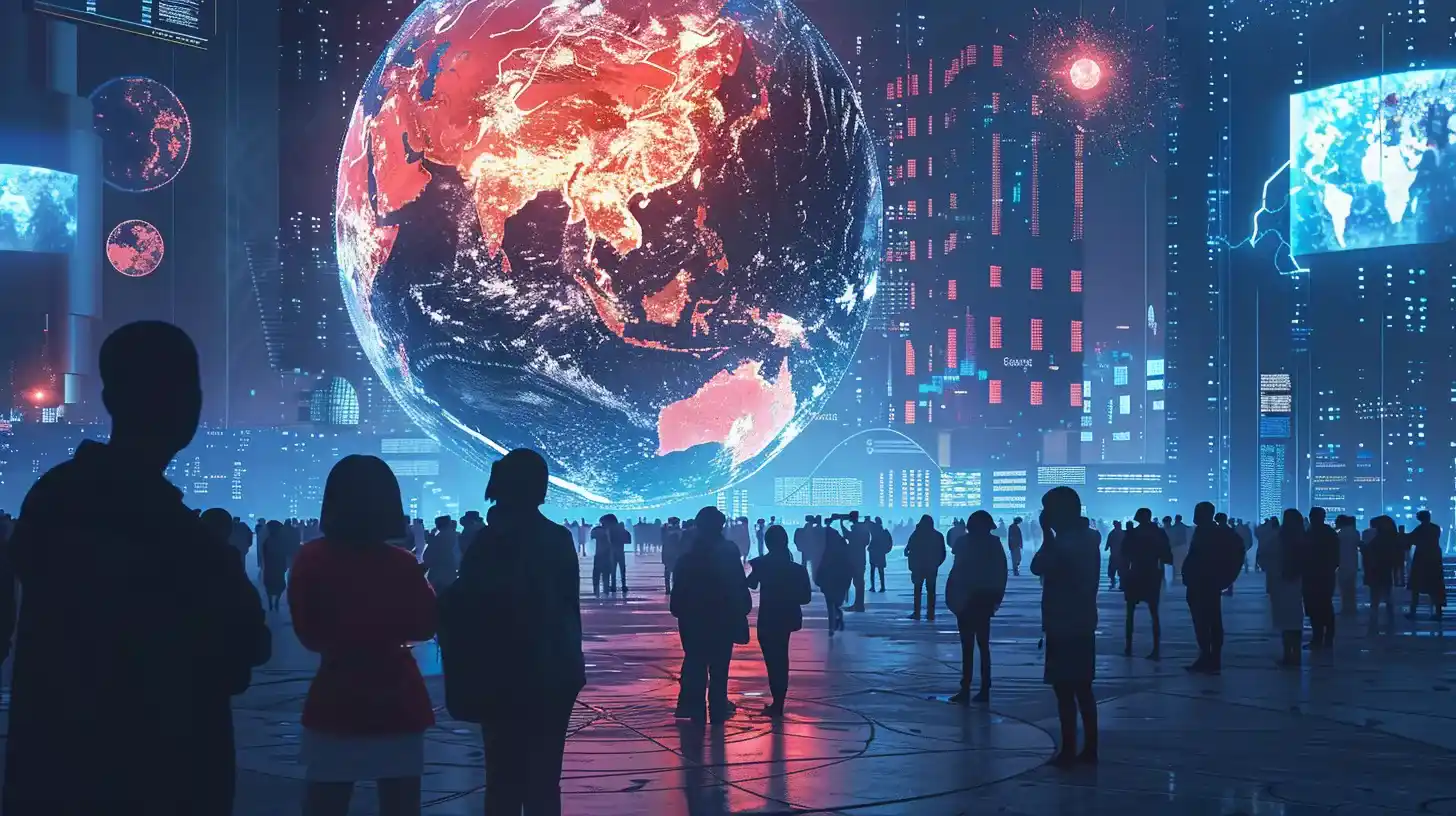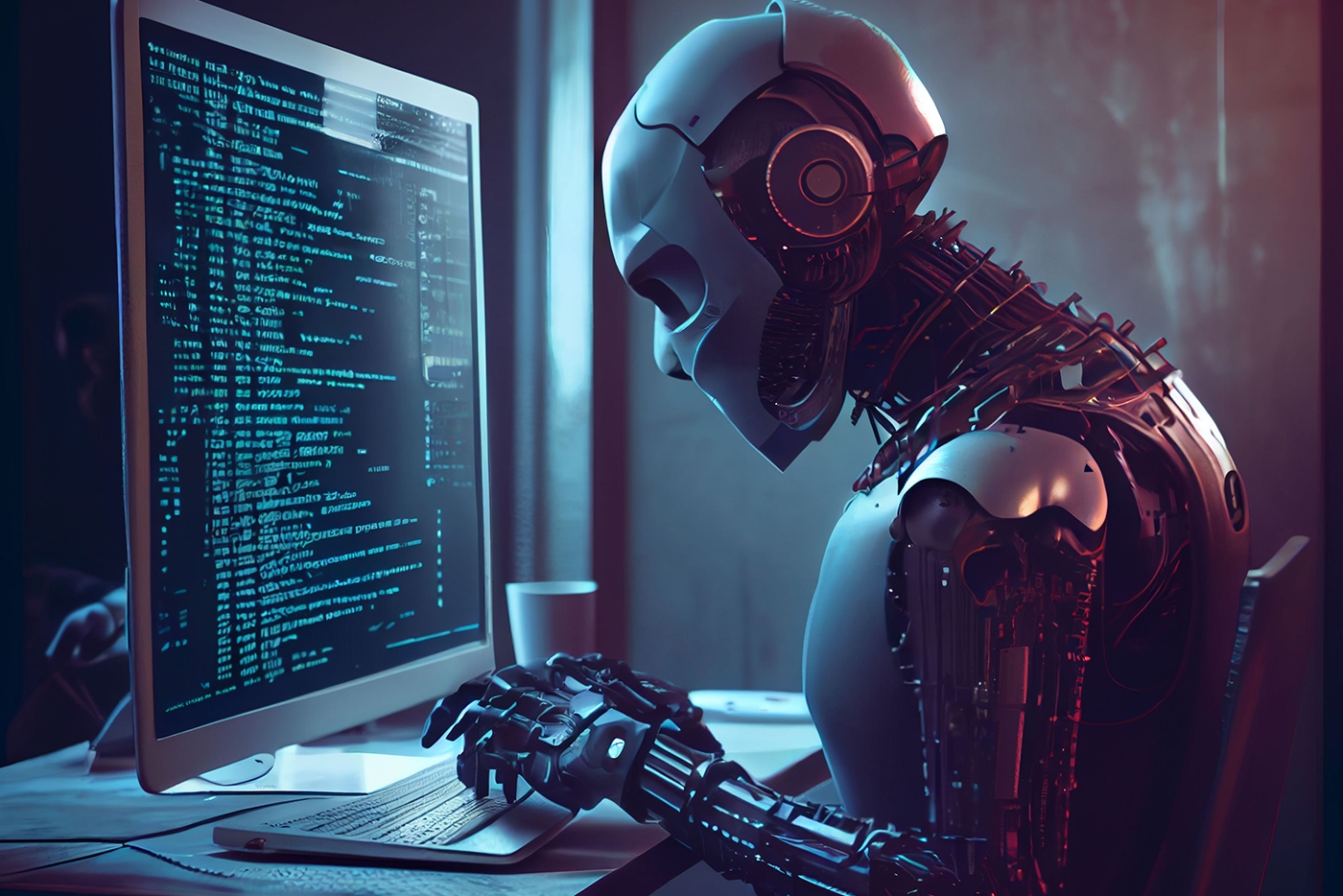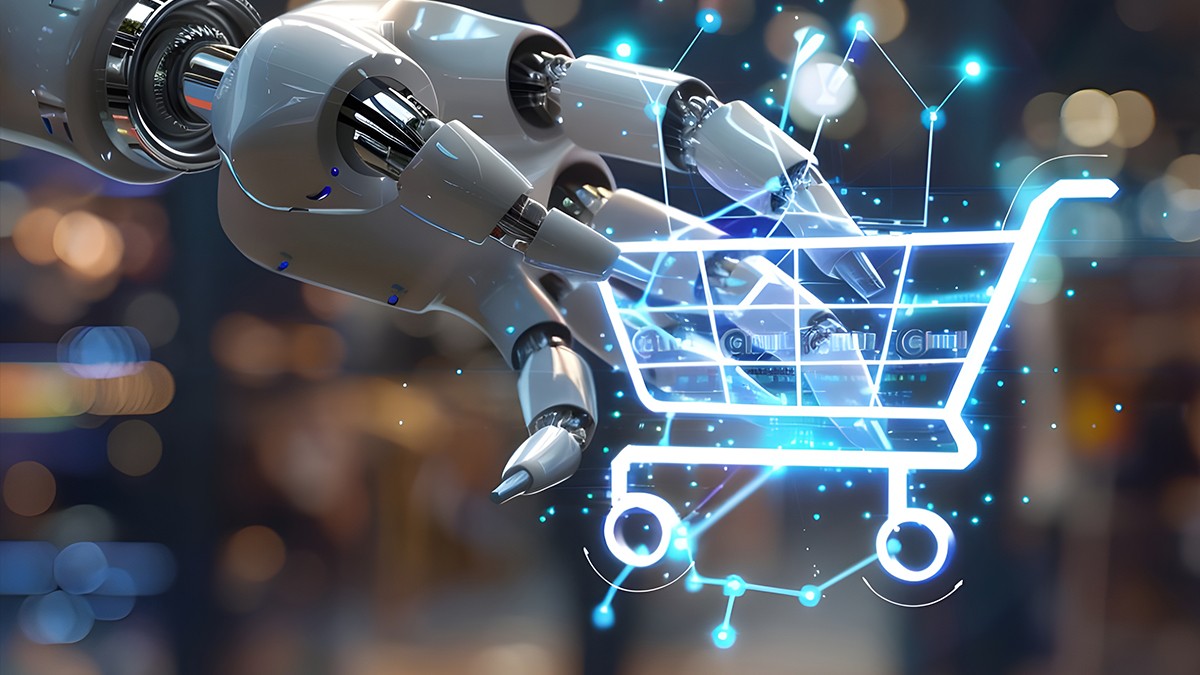The Future of Generative AI in Business
How Generative AI Is Transforming Operations and Driving Innovation
In just a few short years, generative AI has moved from the research labs into the heart of modern business. From automatically generating marketing content to designing products, writing code, and even making strategic decisions, generative AI is redefining what's possible across industries.
As we look ahead, its impact will only deepen—reshaping operations, unlocking new value streams, and fueling a new era of innovation. Here's a look at how generative AI is transforming business today and what the future holds.
Generative AI: A New Kind of Intelligence
Unlike traditional AI systems that analyze data and make predictions, generative AI creates. It can write text, generate images, simulate conversations, design products, and even produce music and video. Underlying models like GPT-4, DALL·E, and Stable Diffusion are trained on massive datasets and can produce content that is contextually relevant, highly personalized, and increasingly indistinguishable from human output.For businesses, this capability opens up a world of opportunities.
Key Areas of Business Transformation
1. Marketing and Content Creation
Marketing teams are leveraging generative AI to:This not only increases content velocity but also reduces costs and improves personalization at scale.
2. Customer Service and Engagement
AI-powered chatbots and virtual agents—built on generative language models—are handling millions of customer interactions every day. They're:This improves customer satisfaction while reducing operational load.
3. Product Design and Prototyping
In industries like fashion, manufacturing, and automotive, generative AI is enabling:This shortens product development cycles and fosters more creative, data-informed design.
4. Software Development
Generative AI is revolutionizing software engineering by:Tools like GitHub Copilot are already showing dramatic productivity gains.
5. Decision-Making and Strategic Planning
Emerging use cases involve generative AI helping leaders:These applications bring a new level of agility and foresight to enterprise planning.
Emerging Opportunities and Challenges
Opportunities:
Challenges:
Companies that lead with a responsible AI strategy—balancing innovation with governance—will be best positioned to thrive.
The Road Ahead: Human + AI Collaboration
Generative AI will not replace humans—it will augment them. The future lies in human-AI collaboration, where AI handles routine or repetitive tasks, and humans focus on creativity, strategy, and empathy.To stay competitive, businesses should:
Conclusion
Generative AI is not just a trend—it's a transformational force. Businesses that harness its power strategically will unlock new efficiencies, accelerate innovation, and deliver unprecedented value to customers.The question is no longer if generative AI will change your industry—it's how fast you'll adapt.



